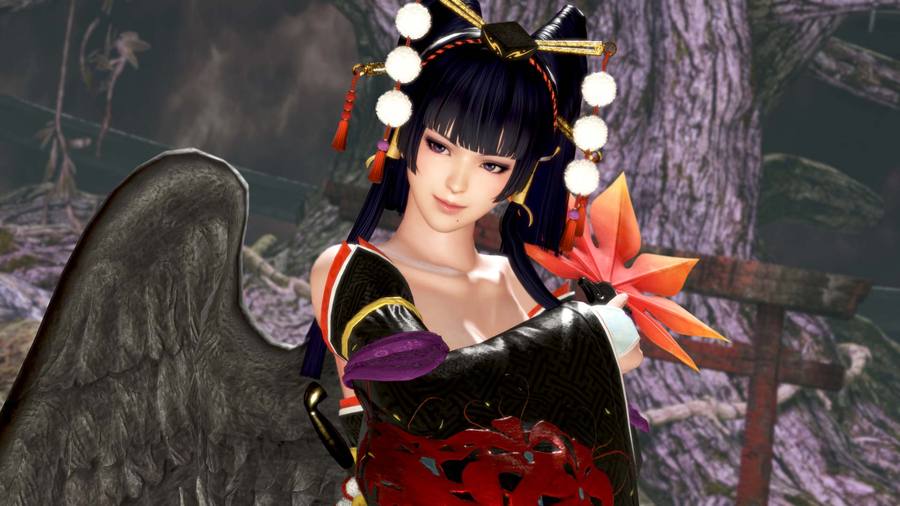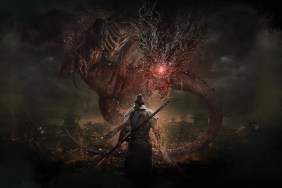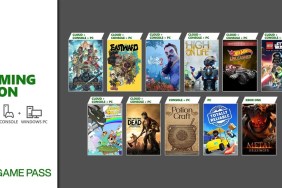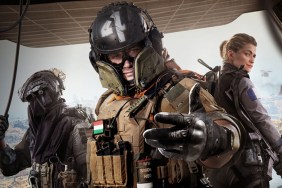Team Ninja’s latest entry in the Dead or Alive franchise, titled Dead or Alive 6, is set to release on March 1 for PlayStation 4, Xbox One, and PC. In anticipation of the upcoming fighter, now is a great time to look back at the main series’ best games. Though many fans outside of Japan may associate…

Atlas is an action-rpg with rogue-like elements where you use your ability to control the ground to fight the enemies and move through procedurally generated worlds.









